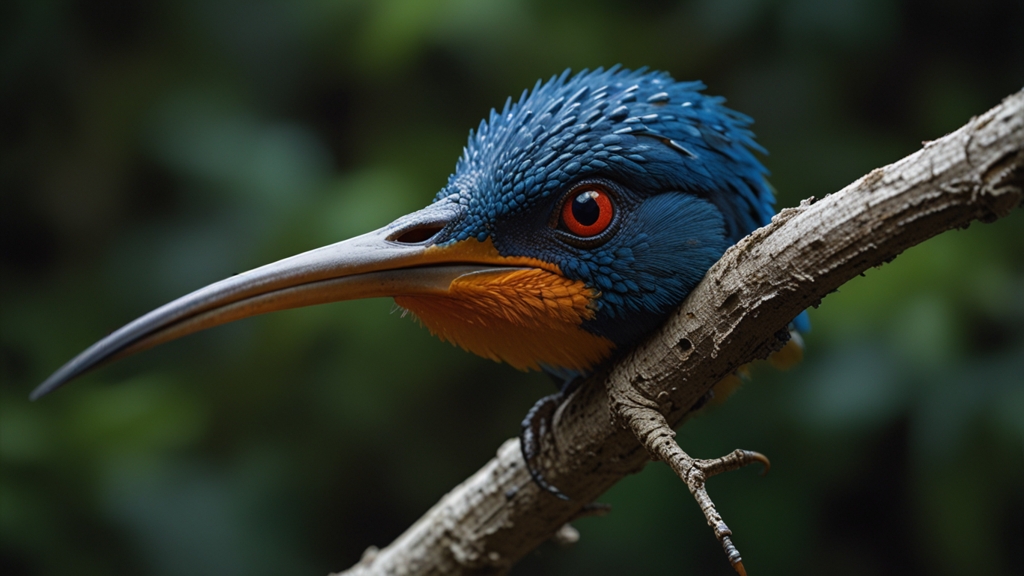The Great Barrier Reef: Can We Save This Underwater Wonderland?
The Great Barrier Reef, a UNESCO World Heritage site and the largest coral reef system on the planet, spans over 2,300 kilometers along the northeast coast of Australia. This underwater wonderland, home to a staggering diversity of marine life, is one of the world's most remarkable natural assets. However, it faces unprecedented threats that raise a critical question: can we save the Great Barrier Reef?
The Wonders of the Reef
The Great Barrier Reef boasts an incredible array of biodiversity. It is home to over 1,500 species of fish, 411 types of hard coral, and dozens of other marine creatures, including sharks, rays, and sea turtles. Its vibrant colors and intricate structures create a mesmerizing underwater landscape that attracts millions of visitors each year.
"The beauty of the Great Barrier Reef is unparalleled. It is a living testament to nature's ability to create complexity and beauty. Losing it would be an incalculable loss for humanity." - Marine Biologist, Dr. Sylvia Earle
Threats to the Reef
Despite its natural grandeur, the Great Barrier Reef is not impervious to harm. It faces multiple, severe threats that compound each other:
- Climate Change: Rising sea temperatures have led to widespread coral bleaching, weakening coral structures and reducing their ability to recover.
- Pollution: Runoff from agriculture and industrial activities introduces harmful substances into the reef, exacerbating stress on marine life.
- Overfishing: Unsustainable fishing practices disrupt the balance of marine ecosystems and reduce biodiversity.
- Coastal Development: Infrastructure development along the coast can lead to habitat destruction and increased sedimentation in the water.
Conservation Efforts
Efforts to conserve the Great Barrier Reef are multifaceted and involve global, national, and local initiatives. Key strategies include:
- Marine Protected Areas (MPAs): Designating MPAs helps restrict damaging activities and promotes marine biodiversity.
- Coral Restoration Projects: Initiatives such as coral gardening and artificial reefs aim to rehabilitate damaged coral communities.
- Climate Action: Reducing global greenhouse gas emissions is crucial to mitigate the effects of climate change on marine ecosystems.
- Sustainable Tourism: Promoting eco-friendly tourism practices helps to reduce the human footprint on the reef while generating economic support for conservation.
"Conserving the Great Barrier Reef requires a collaborative effort from governments, scientists, businesses, and individuals. Each of us has a role to play in ensuring its survival for future generations." - Environmental Activist, David Suzuki
Innovative Solutions
In addition to traditional conservation methods, innovative solutions are being explored to save the reef. For instance, researchers are developing heat-resistant coral species that can withstand higher temperatures. These "super corals" have the potential to repopulate affected areas and build resilience against climate change.
Technological advancements such as satellite monitoring and underwater drones are also enhancing our ability to monitor and manage reef health. These tools provide real-time data that can inform conservation strategies and enable rapid responses to emerging threats.
A Call to Action
The survival of the Great Barrier Reef is not only a matter of ecological concern but also of cultural and economic significance. With the reef supporting thousands of jobs and generating billions in revenue through tourism and fishing, its health is directly linked to the well-being of the surrounding communities.
Ultimately, saving the Great Barrier Reef requires a concerted global effort. Individuals can contribute by reducing their carbon footprint, supporting sustainable products and practices, and advocating for stronger environmental policies. Governments and organizations must prioritize the reef in their agendas and invest in research, conservation, and education.
"The Great Barrier Reef is a natural wonder that belongs to all of us. Its protection is a testament to our capability to address global challenges and our commitment to preserving our world's natural heritage." - UN Environment Program
Conclusion
While the challenges facing the Great Barrier Reef are formidable, there is hope. Through collaborative efforts, innovative solutions, and steadfast commitment, we can work towards preserving this underwater wonderland for generations to come. Now, more than ever, the call to save the reef is urgent and imperative. The time to act is now.










